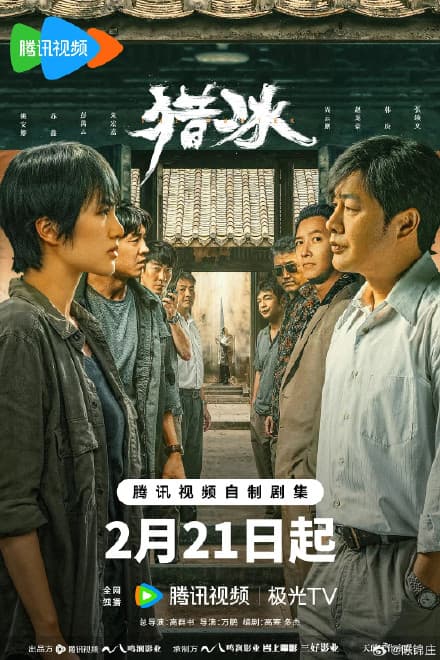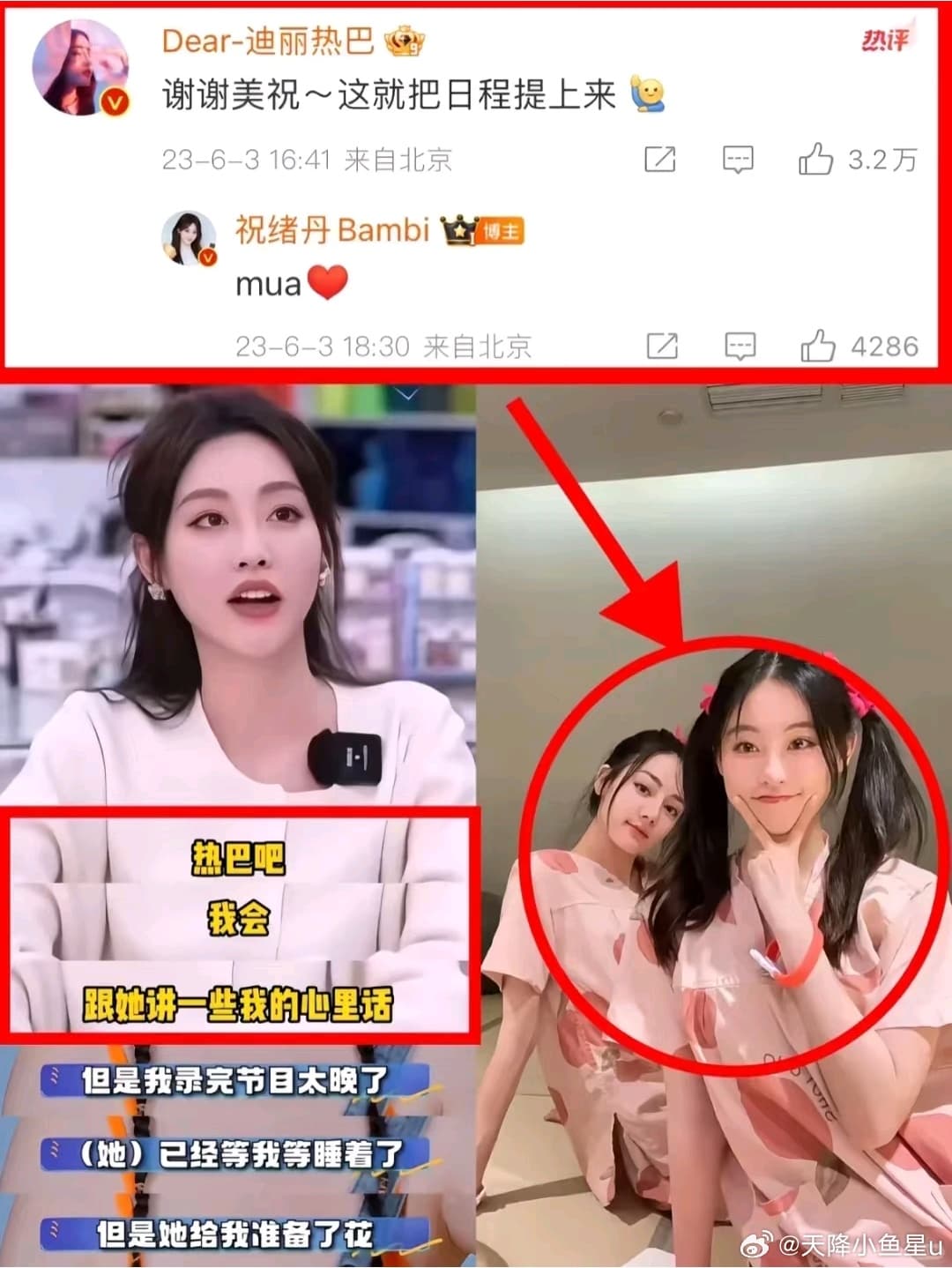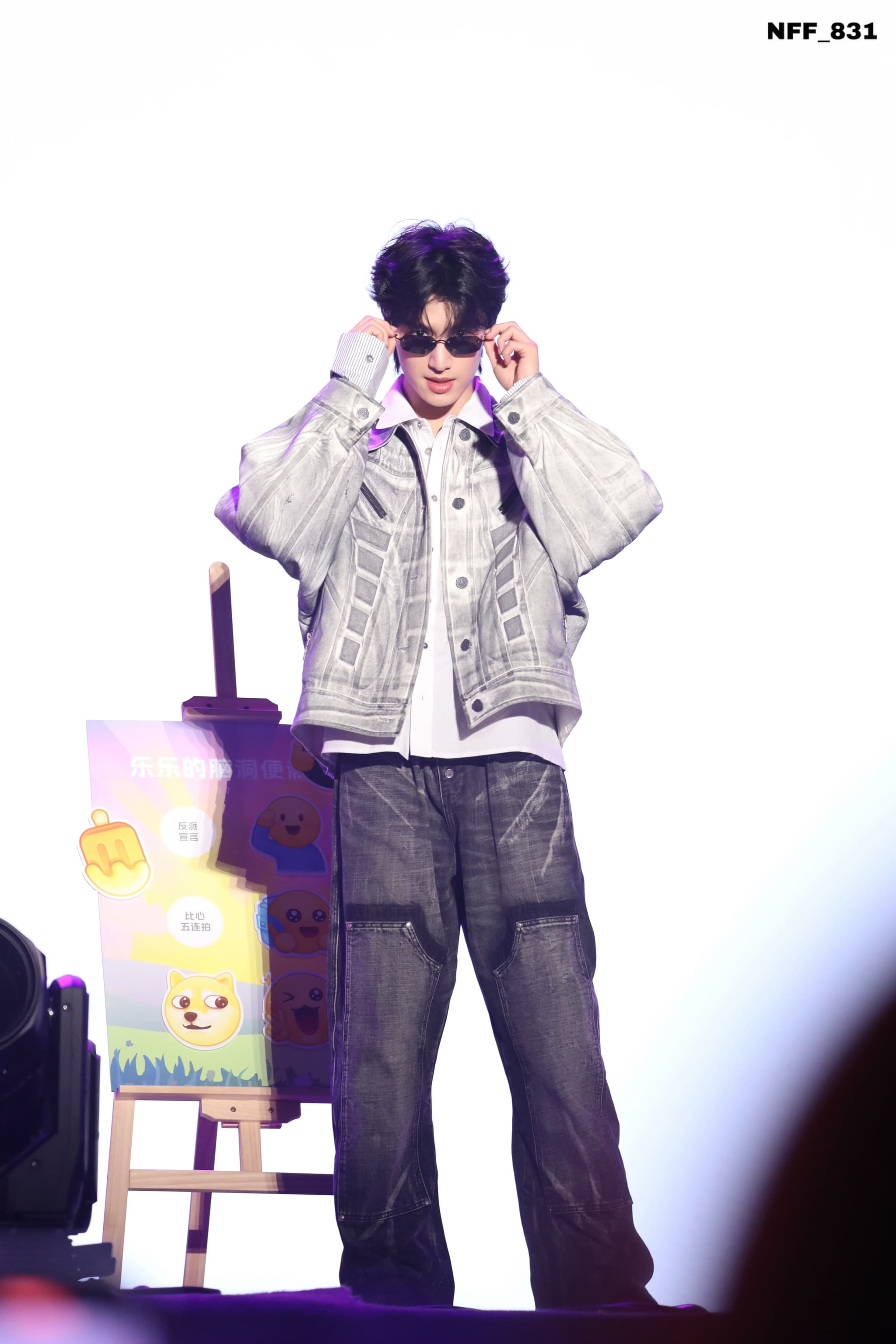Frozen Dream Controversy: Nepotism and Corporate Influence in China's Entertainment Industry
In a fiercely competitive industry, it is no secret that new talent may face challenges when attempting to break into the entertainment scene. Recently, Chinese web drama, "Frozen Dream" (猎冰), became embroiled in a heated debate when netizens accused the show of being a battle between technology giants Xiaomi and Huawei. The controversy was fueled in part by the casting of Huawei CEO Ren Zhengfei's daughter, Yao Anna, as the second female lead and the negative critical reception of the series.

23 February 2024
The show's plot revolves around a budding entrepreneur and his struggles against a rival firm in the tech industry. Yao stars alongside Zhang Sifan, who plays the leading role of the protagonist's friend. Amidst the show's release, rumors began to circulate on Chinese social media platform Weibo, suggesting that technology behemoth Huawei had invested in the production. This fueled jealousy and suspicion, with some Weibo users claiming that it was unfair for a major corporation to back its CEO's daughter's acting debut.
The controversy was further exacerbated by the critical response to Yao's performance, with some viewers expressing disappointment and others openly mocking her acting ability. In response to growing criticism, the show's director, Gao Qunshu, took to social media to defend the series and address rumors. In a now-deleted post, he claimed that "Frozen Dream" was the most underfunded production he had worked on in his career and criticized those who accused it of being a vehicle for Huawei. When asked directly if Huawei had invested in the series, Gao replied, "How could Huawei invest? Ren Zhengfei would never do something like that." He also stated that Yao's salary for the show was not exorbitant.
Despite these denials, the rumors surrounding "Frozen Dream" have sparked a larger conversation about nepotism and the influence of major corporations in China's entertainment industry. Some Weibo users have pointed out that Yao's casting in the series is indicative of the preferential treatment often afforded to the offspring of influential figures in China. Others have expressed skepticism about the qualifications of Yao's casting, noting that she is not a professional actress and was instead selected for her family connections.
As the controversy continues to rage on, "Frozen Dream" has become a symbol for the growing unease surrounding the role of major corporations in shaping China's cultural landscape. The show's director has called for a more inclusive and diverse industry, emphasizing the importance of talent over privilege. As the dust settles, it remains to be seen whether Yao's acting debut will be remembered for her performance or for the controversy that surrounded it.
In the meantime, the web drama's critical reception has sparked discussions on the future trajectory of China's entertainment industry. As major corporations become increasingly involved in the production and distribution of entertainment content, questions emerge about the role of corporations in shaping public opinion and the impact this may have on artistic integrity and creative freedom. For now, it seems that the debate surrounding "Frozen Dream" is far from over.
In the coming months, the success or failure of "Frozen Dream" will likely be a critical indicator of the public's appetite for productions that blur the lines between art and commerce. As China's entertainment industry continues to evolve, the future of the country's cultural landscape may depend on the ability of its creators and consumers to distinguish between genuine artistic expression and the influence of external forces.
For now, however, the controversy surrounding "Frozen Dream" continues to burn brightly, with netizens debating the role of major corporations in shaping the country's cultural landscape and questioning the legitimacy of nepotism in China's entertainment industry. As the debate rages on, it is clear that Yao's casting has struck a nerve among Chinese viewers, highlighting the growing unease surrounding the role of major corporations in shaping the country's cultural landscape.
As the curtain falls on "Frozen Dream," it remains to be seen whether the show's legacy will be one of artistic expression or controversy. Regardless of the outcome, it is clear that the debate surrounding the series has already left an indelible mark on China's entertainment industry.
Share this article
Related Articles

Ruby Lin Says She and Wallace Huo Are Still “Adjusting” After Seven Years, Igniting Viral Debate on Celebrity Marriages
By Trending on Weibo
Entertainment
15 Sept 2025

“Too Much Qi”: A Light‑hearted Joke on ‘Sisters Who Make Waves’ Sparks Celebrity Smear Campaign, Wellness Debate and Online Meme Frenzy in China
By Trending on Weibo
Entertainment
15 Sept 2025
Li Ronghao’s Tour Surge, New Video Release, and NFC Album Glitch Spotlight Quality‑Control Challenges in China’s Pop Scene
By Trending on Weibo
Entertainment
13 Sept 2025
Mu Zhicheng Emerges as TF Entertainment’s Hottest Trainee Amid Viral Social‑Media Surge and Anticipated Debut
By Trending on Weibo
Entertainment
13 Sept 2025

China’s Emerging Acting Sensation Zhang Kangle Poised for High‑Profile Film, Fashion, and Digital Stardom
By Trending on Weibo
Entertainment
13 Sept 2025